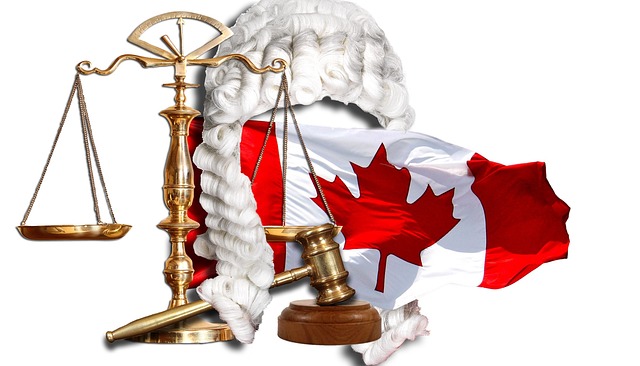The Role of Evidence in Establishing Criminal Intent within RF finance law is crucial for fair and accurate adjudication in white-collar crime cases. Law firms handling high-stakes cases must meticulously analyze and present financial records, digital footprints, and expert testimonies to uncover malicious intent. This strategic approach navigates complex regulatory landscapes, protects businesses from penalties, and provides a factual foundation for proving guilt or innocence beyond a reasonable doubt.
In the complex realm of RF finance law, evidence plays a pivotal role in shaping case outcomes. This article delves into the critical importance of evidence in RF finance cases, exploring how it drives the establishment of criminal intent. We provide a comprehensive approach to unraveling intricate legal matters, highlighting strategies for effective representation. By understanding the art of using evidence, legal professionals can navigate the challenges of RF finance litigation, ensuring justice and fairness in a dynamic regulatory landscape. Discover the key role of evidence in establishing criminal intent and its profound impact on legal victories.
- The Importance of Evidence in RF Finance Law Cases
- Establishing Criminal Intent: A Comprehensive Approach
- Strategies for Effective Legal Representation Using Evidence
The Importance of Evidence in RF Finance Law Cases

In RF finance law firms serving high-stakes cases, the role of evidence is paramount. It’s not just about presenting facts; it’s about weaving a compelling narrative that can stand up to rigorous scrutiny. In white collar defense, where accusations can be nuanced and complex, the quality and quantity of evidence can make or break a case. The burden of proof lies with the prosecution, and they must uncover and present irrefutable evidence to establish criminal intent on the part of the defendant.
This is particularly crucial in navigating the nuances of respective business practices and transactions. Effective use of documentation, communications, financial records, and expert testimony can either exonerate an innocent party or strengthen a guilty verdict. In these high-stakes cases, every piece of evidence must be meticulously analyzed and presented to ensure justice prevails. The role of evidence in establishing criminal intent is not just a legal requirement; it’s the cornerstone of fair and accurate adjudication.
Establishing Criminal Intent: A Comprehensive Approach

Establishing criminal intent is a complex process that requires a comprehensive approach, especially in the realm of RF (Radio Frequency) finance law. The role of evidence is pivotal in this regard, as it provides the foundation for building a robust case. In white-collar crime cases, where fraud and corruption often occur behind closed doors, gathering solid evidence is an art. This includes financial records, digital footprints, and witness testimonies that can all point towards malicious intent. By carefully examining these elements, legal professionals can navigate the intricate web of financial transactions and uncover the true intentions of their clients.
The process involves a deep dive into the actions and motivations of individuals involved, often revealing subtle hints of illicit activities. In many cases, general criminal defense strategies may not be sufficient, as white-collar crimes demand specialized knowledge. The interplay between evidence presentation and legal arguments is key to building a strong case. Moreover, understanding the broader context, including the philanthropic and political communities’ interests, can provide valuable insights into potential motivations and influence decisions in these high-stakes cases.
Strategies for Effective Legal Representation Using Evidence

In high-stakes cases involving RF finance law firms serving clients across all stages of the investigative and enforcement process, the role of evidence in establishing criminal intent cannot be overstated. Effective legal representation hinges on meticulously gathering and presenting compelling evidence that underscores the client’s actions and intentions. By doing so, lawyers can navigate complex regulatory landscapes and ensure their respective businesses are shielded from undue penalties or lawsuits.
Strategically employing evidence throughout these processes is key. It helps in painting a clear picture of the circumstances, thereby enabling legal teams to challenge or bolster interpretations. In particular, the Role of Evidence in Establishing Criminal Intent plays a pivotal role, as it provides the factual foundation necessary to prove guilt or innocence beyond a reasonable doubt. This meticulous approach ensures fairness and due process while maximizing the chances of favorable outcomes for clients in these challenging legal environments.
In conclusion, the role of evidence in RF finance law cases cannot be overstated. Understanding and leveraging the evidence effectively is crucial for establishing criminal intent, which is a cornerstone of successful legal representation. By employing comprehensive strategies outlined in this article, law firms can navigate complex financial investigations, ensure fairness, and achieve favorable outcomes for their clients.






